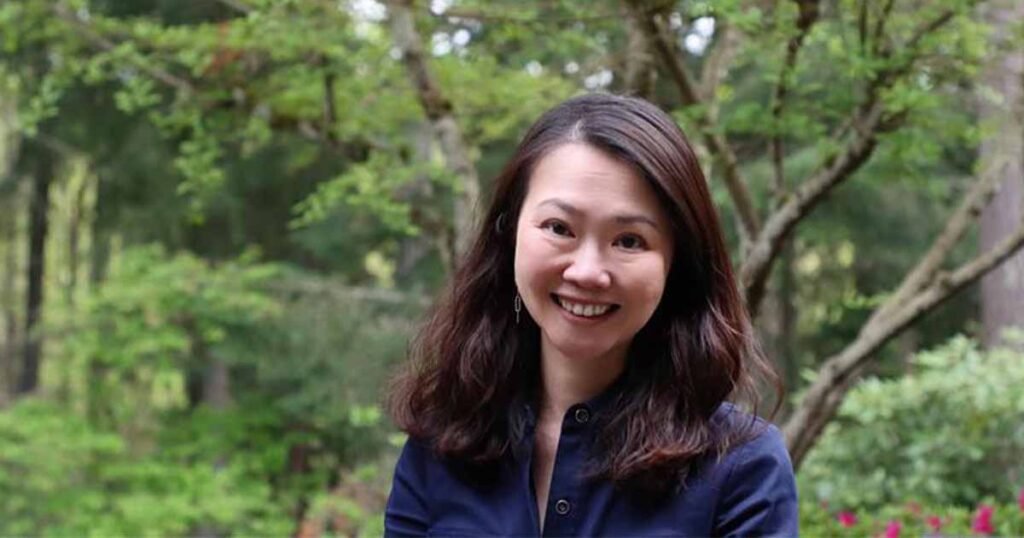Seattle Children’s Hospital faced a significant clinical challenge in efficiently accessing and applying the ever-expanding universe of evidence-based information in a timely and contextually relevant manner. With the rapid evolution of medical knowledge and a growing pediatrician shortage, the need for a streamlined solution became urgent.
In 2010, the hospital established the Clinical Effectiveness program to develop and maintain Clinical Standard Work Pathways (CSWs) for over 70 diagnoses. These pathways have been instrumental in improving patient outcomes and are widely adopted by healthcare professionals globally. However, the volume of information within the pathways presented a time-intensive search process for busy clinicians.
The emergence of generative AI offered a potential solution to this challenge. Seattle Children’s partnered with Google to develop an AI agent, known as Pathway Assistant, trained on the hospital’s CSW Pathways. This agent acts as an intelligent navigator, understanding natural language queries from healthcare providers and quickly pinpointing relevant information within the pathways.
The Pathway Assistant engages in a conversational dialogue with users, asking clarifying questions to ensure accurate information retrieval. Through rigorous testing involving over 50 providers and 1,300 prompts, the accuracy rate of the AI agent exceeded 98%. The hospital plans to pilot the tool in select clinical areas soon.
While the primary focus of the AI initiative is on enhancing accessibility to evidence-based care pathways, Seattle Children’s anticipates a reduction in the time it takes for providers to retrieve critical information. By streamlining access to up-to-date guidelines at the point of care, the hospital aims to promote consistent application of best practices and improve patient outcomes.
Lessons learned from this AI journey include anchoring exploration in a clearly defined problem, rigorous validation and testing, and fostering trust and user adoption. Seattle Children’s advises healthcare organizations to prioritize AI implementations that translate into tangible clinical or operational value and commit to ongoing monitoring and validation to ensure responsible deployment in healthcare settings.
Overall, the development of the Pathway Assistant represents a significant step towards leveraging AI technology to enhance patient care and streamline clinical workflows at Seattle Children’s Hospital. Through a problem-first approach and a commitment to accuracy, reliability, and user-centered design, the hospital is paving the way for responsible AI deployment in healthcare.


